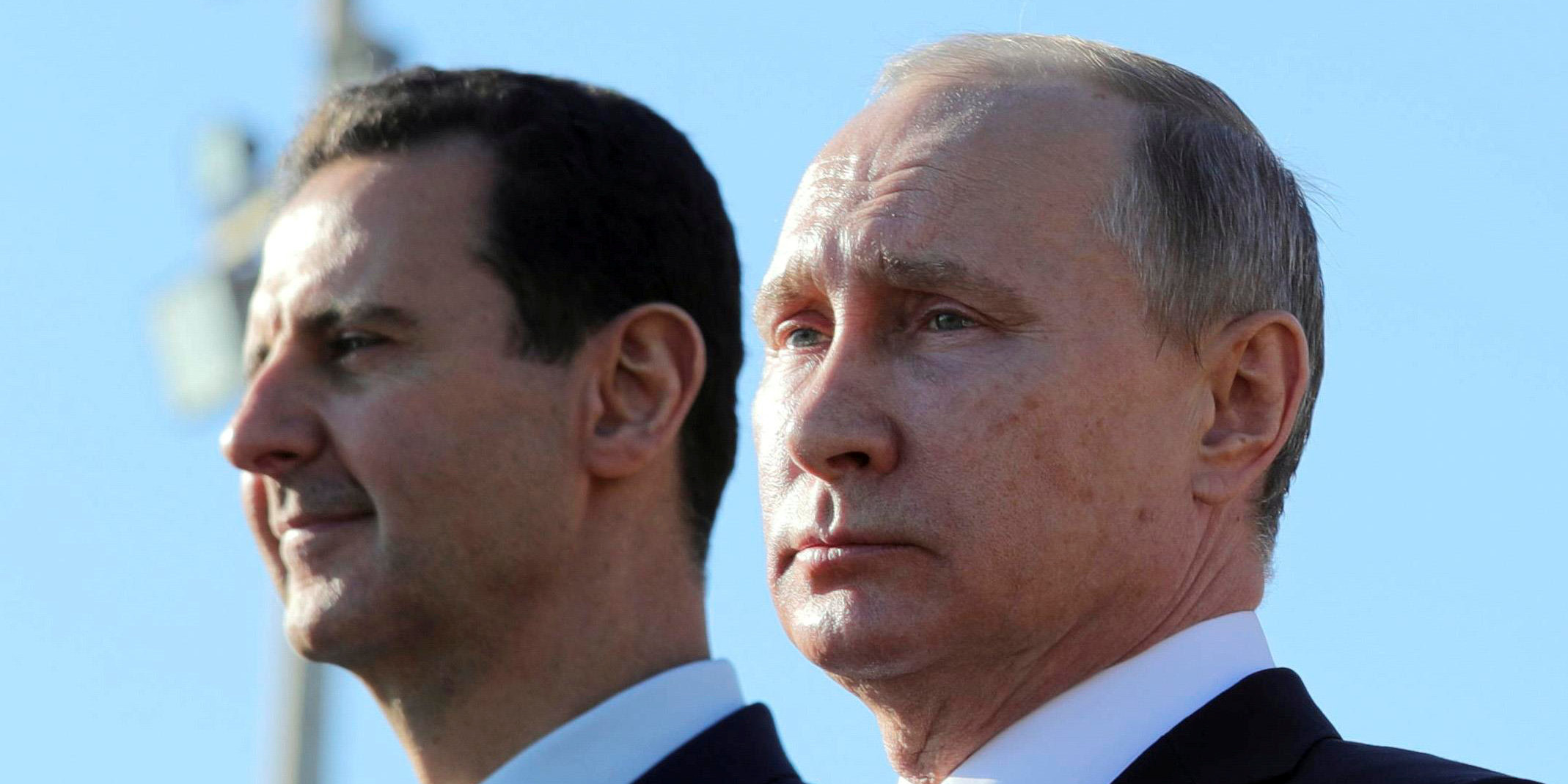- The UN Security Council did not adopt a resolution from Russia on Saturday that would have condemned the US and its allies for a joint military strike on Syrian chemical weapons facilities.
- Russia, China, and Bolivia voted in favor of the draft resolution, eight countries voted against it, and four abstained.
- Russia, which is Syria’s strongest military ally, repeatedly warned the US against carrying out Friday’s strikes, and the operation dealt a significant blow to already fragile US-Russia relations.
- Nikki Haley, the US’s ambassador to the UN, said the US would be “locked and loaded” if Assad used chemical weapons again.
The United Nations Security Council rejected a resolution Saturday from Russia that would have condemned “the aggression against the Syrian Arab Republic by the US and its allies in violation of international law and the UN Charter.”
Russia, China and Bolivia voted in favor of the draft resolution, Reuters reported. Eight countries voted against the draft and four abstained. In order to pass, a resolution needs nine votes in favor and no vetoes from the US, France, China, Russia, or the UK.
Russia has forcefully denounced a series of joint military strikes that the US, UK, and France launched against Syria late Friday.
The operation, which was led by the US, was undertaken in response to a devastating chemical attack in the rebel-controlled Damascus suburb of Douma, which killed dozens of people earlier this month. The attack is believed to have been ordered by the Syrian government, spearheaded by Syrian President Bashar al-Assad.
Friday's military campaign targeted three research facilities that are thought to have been involved in the production of chemical weapons.
Nikki Haley, the US's ambassador to the UN, said the US would be "locked and loaded" if Assad used chemical weapons again.
Russia has several military bases and troops in Syria, and the US said Friday that it did not coordinate with or notify Russia of the strikes. The Pentagon said there were no Russian casualties as a result of the operation.
Officials added that the strikes took out the "heart" of Syria's chemical weapons program, but that Assad still maintains "residual" capabilities.
Defense Secretary James Mattis did not say whether he believed the strikes would deter Assad from using chemical weapons again.
"Nothing is certain in these kinds of matters," he said. "However, we used a little over double the number of weapons this year than we used last year. It was done on targets that we believed were selected to hurt the chemical weapons program. We confined it to the chemical weapons-type targets."
The Pentagon confirmed Saturday that 105 weapons were used, in total, in the coordinated strikes.
The military operation prompted a swift and harsh response from Russia and Iran, both of which are key allies of Syria.
Iran's supreme leader, Ayatollah Ali Khamenei, slammed the strikes as a "military crime."
The Kremlin has repeatedly dismissed the allegations against Syria and said its own experts found no "trace of chlorine or any other chemical substance used against civilians."
Russian President Vladimir Putin called the strikes an "act of aggression" that will only serve to worsen the humanitarian crisis in Syria.
Anatoly Antonov, Russia's ambassador to the US, said in a statement Friday that "the worst apprehensions have come true. Our warnings have been left unheard. A pre-designed scenario is being implemented."
"Again, we are being threatened," Antonov continued. "We warned that such actions will not be left without consequences. All responsibility for them rests with Washington, London and Paris."
President Trump lauded the US military, the UK, and France on Saturday.
"A perfectly executed strike last night," Trump tweeted. "Thank you to France and the United Kingdom for their wisdom and the power of their fine Military. Could not have had a better result. Mission Accomplished!"
The operation also drew support from the NATO, the European Union, and other key US allies.
During a week of tense sabre-rattling, Russian officials periodically warned the US that a military response may spiral out of control to war.
"Insulting the President of Russia is unacceptable and inadmissible," Antonov said in his statement responding to the US-led military action. "The US - the possessor of the biggest arsenal of chemical weapons - has no moral right to blame other countries."
However, Mattis seemed to have anticipated Russia's rhetoric and addressed it during a press briefing at the Pentagon on Friday evening.
"Based on recent experience, we fully expect a significant disinformation campaign over the coming days by those who have aligned themselves with the Assad regime," Mattis said.

